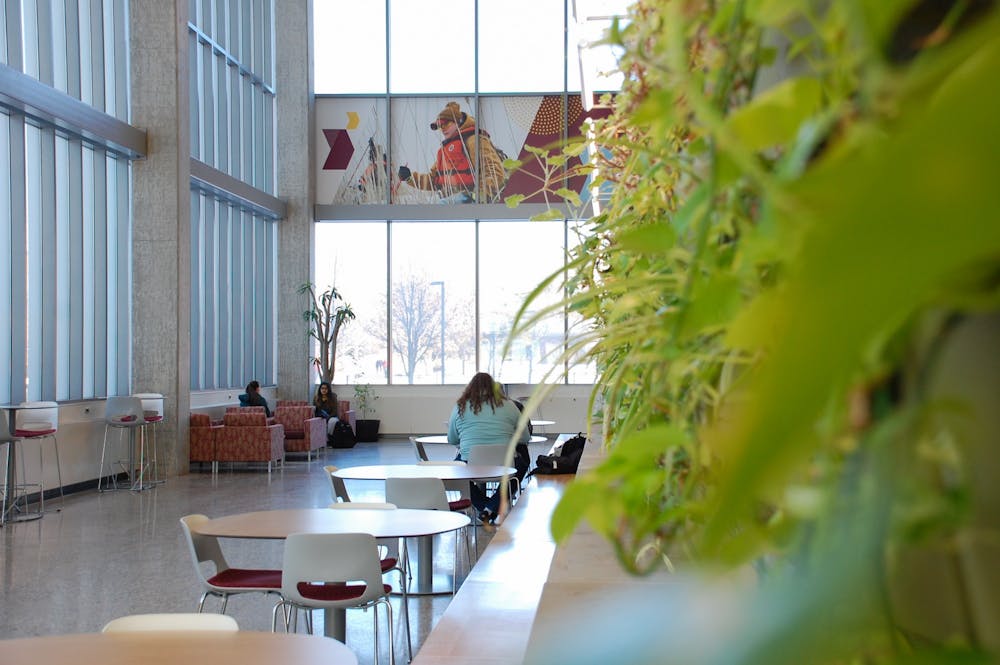No need to know
Graduating high school is a big deal. You've worked your way from pre-kindergarten all the way through the 12th grade, and you are now to continue to college.
After choosing your college of choice, you go through graduation requirements and find you must decide a major. What will you choose? Come to think of it, what are you good at?
Megan Rose, a junior at Central Michigan University majoring in social work, said: “Coming to college, I really didn’t have a solidified idea of what I wanted to do. I knew of some (interests) and core values I had, but I didn’t know how that would be reflected in a major.”
According to Higher ED Drive, students stress about career uncertainty.
“I experienced doubting whether I would be satisfied long-term with my chosen majors freshman year,” Rose said.
CMU offers many entry level classes for students wanting to explore different careers, such as introductory to journalistic writing, anesthesiology and basic engineering.
“Just because somebody starts a career does not mean that they will retire from that career,” Daniel Segura, an academic advisor at CMU, said. “In fact (this) generation of students is likely to change careers four to seven times over the course of working as a professional.”
A recent study by the nonprofit Pew Research Center shows the change in industry or occupation. According to that report, released July 28, 2022, a person moves from one employer to another that “From 2019 to 2021, about 48% of workers who changed employers also found themselves in a new industry, on average each month.”
“As a freshman, I came into CMU pursuing a double major with (Bachelor of Fine Arts) BFA: acting & directing and interior design,” Rose said. “Within the end of my freshman year and the start of my sophomore year, I had dropped both those majors and began pursuing a psychology: mental health major.
“By second semester of my sophomore year, however, I was pursuing a social work degree and have been since.”
CMU, according to its Find Your Program website, has over 200 programs to push students towards their careers.
“The key role of an academic advisor is not just about helping a student pick the right classes,” Segura said. “(We) help students to develop their goals, move towards their goals and (express) concerns that they have.”
Segura said planning out college with an academic advisor helps students create their plan A and then build their plan B. Connecting students with resources in times of doubt guides them to find self-identity.
“Central Michigan University has math centers, writing centers, presentation skill centers and tutoring,” Segura said. “Multiple folks are dedicated to help students move through billing processes and financial aid.”
Students can find interest in their strengths and accomplishments, then expand those skills to other interests, he said.
“I don’t see myself changing my career in my future, I definitely see myself pursuing different areas or practices within the social work career.” Rose said.
The COVID-19 pandemic had students studying from home, which also meant having restricted access to on-campus opportunities.
Now that the gates have opened for more opportunities, students are left with unlimited resources to find self-worth and identity. That can be overwhelming.
“It’s okay not to know,” Segura said. “I hate the word undeciding, (instead) be exploring. … Explore classes that might sound interesting and use the resources that are available.”







